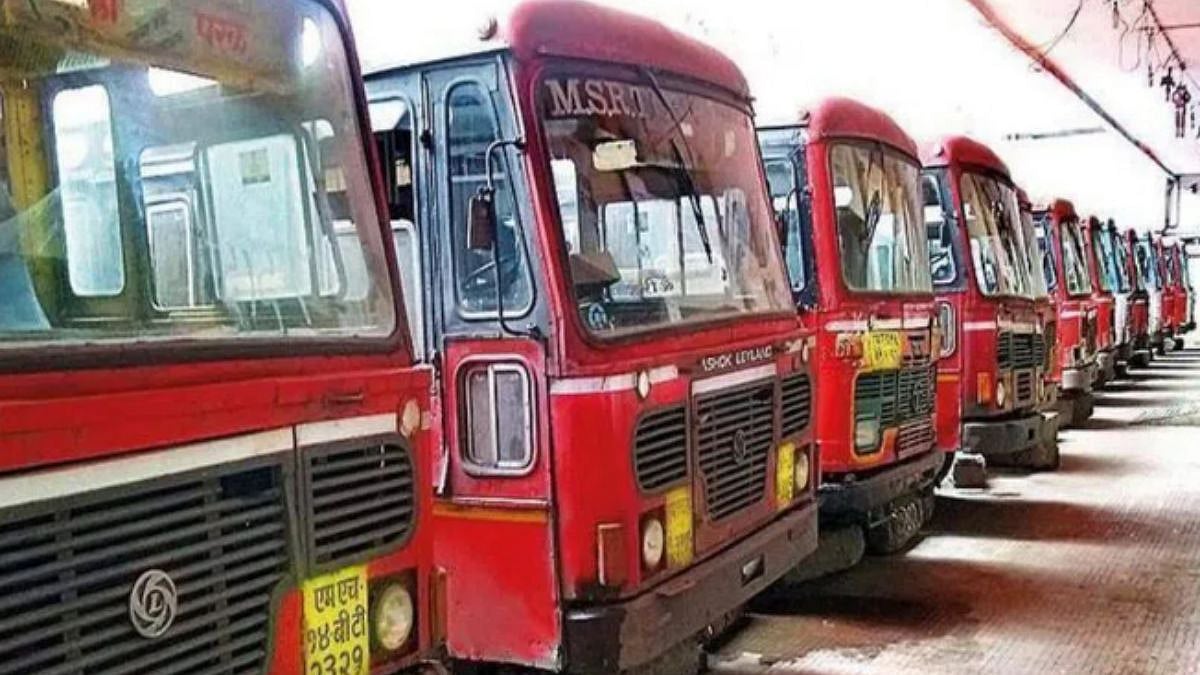The workers’ union has alleged that, despite the recent fare hike, the Maharashtra State Road Transport Corporation (MSRTC) is struggling to generate the expected revenue due to a shortage of buses.
The demand for bus services is high, but the corporation’s fleet has dwindled to 14,000 buses from 18,000 before the COVID-19 pandemic.
Shrirang Barge, General Secretary of the Maharashtra MSRTC Employees Congress, has appealed to the Chief Minister to intervene and ensure the swift arrival of new buses. This move is expected to alleviate the shortage and provide better services to passengers.
According to the workers’ union, MSRTC raised fares by 14.95% in January 2025, but a review of the last ten days of revenue reveals only a 7.5% increase. “Prior to the fare hike, daily revenue was approximately ₹28 crore, and with the fare hike, the expected daily revenue was ₹32.74 crore.
However, only ₹30.22 crore has been earned, resulting in a shortfall of approximately ₹2.51 crore per day,” read the statement issued by Shrirang Barge, General Secretary of the Maharashtra MSRTC Employees Congress, on Thursday.
The need for new buses in the fleet is urgent, as the supply of 5,150 leased electric buses, expected to arrive by February 2024, has been delayed. So far, only 220 buses have been delivered, and the supplier has failed to meet the commitment of delivering over 200 buses per month. Currently, there is a loss of ₹15 to ₹20 per kilometer on the operational electric buses,” the statement further read.
Barge has suggested that the loss compensation and fines should be recovered from the supplier company. He also criticized the MSRTC administration for its inability to bring in buses quickly and for its lack of action against the supplier company. He emphasized that only the direct intervention of the Chief Minister would ensure the swift delivery of buses.
Additionally, only 110 out of 2,640 new self-owned buses have been delivered by the supplier. Barge urged the Chief Minister to focus on both of these issues to expedite the delivery of new buses to the fleet.
In the statement, Barge also pointed out that the fare hike, which was implemented in one step, has caused daily disputes between passengers and drivers over small amounts, negatively affecting the expected revenue increase. He recommended that the fare hike formula be revised to a five-step increase instead of a single large hike to avoid such issues.
